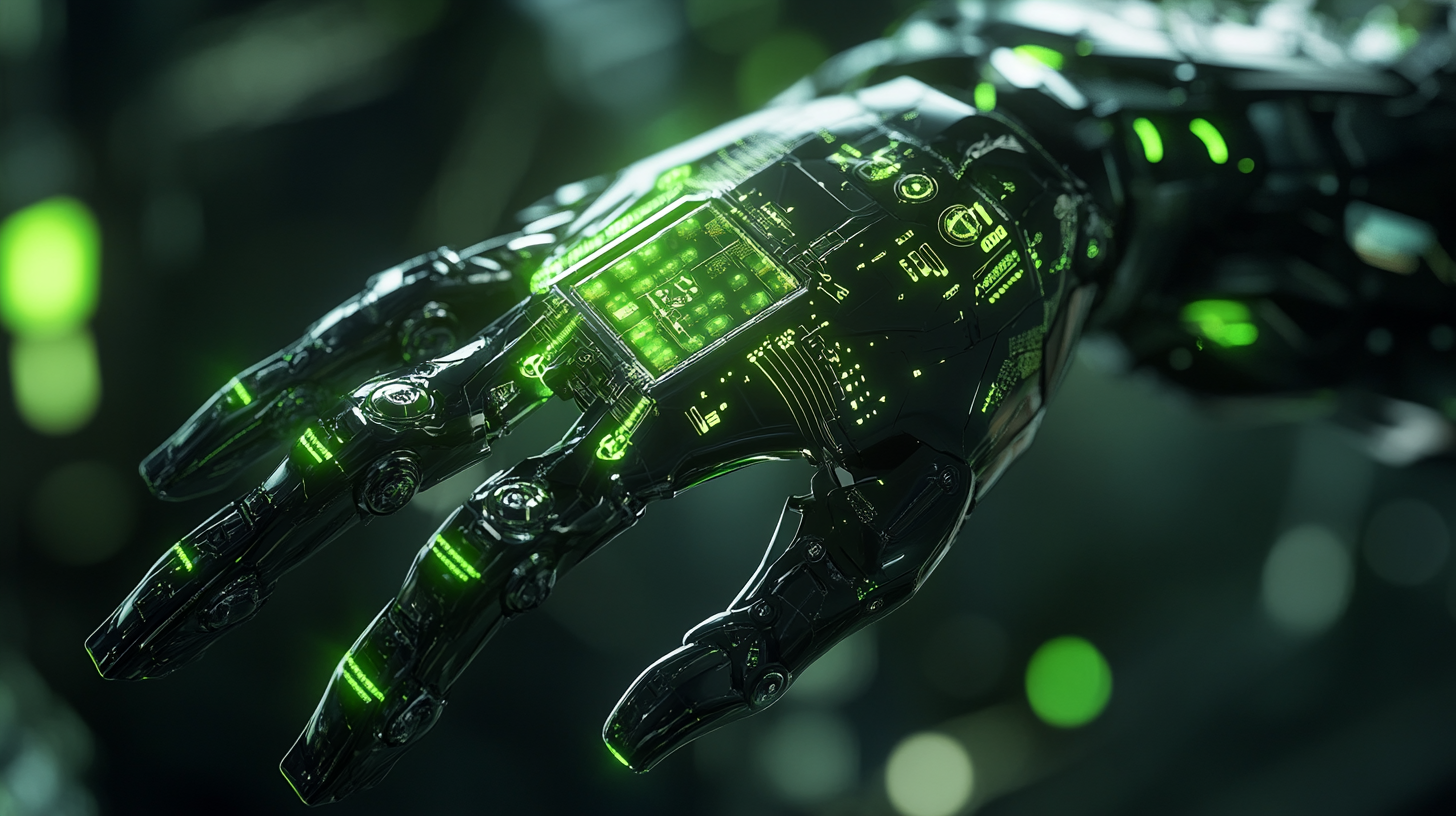In an innovative scientific achievement, researchers have successfully taught a simple material to play the classic video game Pong, challenging our understanding of learning and adaptability in non-living systems. This development could revolutionize our approach to creating "smart" materials and artificial intelligence.
Scientists at the University of Reading have demonstrated that a hydrogel, a soft and flexible substance, can not only play Pong but also improve its performance over time. This remarkable feat suggests that even seemingly inert materials can exhibit complex, adaptive behaviors typically associated with living organisms or sophisticated AI systems.
Dr. Yoshikatsu Hayashi, who led the research, explains the significance of their findings: "Our research shows that even very simple materials can exhibit complex, adaptive behaviours typically associated with living systems or sophisticated AI. This opens up exciting possibilities for developing new types of 'smart' materials that can learn and adapt to their environment."
The team believes that the learning effect stems from the movement of charged particles within the hydrogel. These particles respond to electrical stimulation, enabling the material to retain a form of memory. Vincent Strong, the study's first author and a robotics engineer at the University of Reading, elaborates: "Ionic hydrogels can achieve the same kind of memory mechanics as more complex neural networks. We showed that hydrogels are not only able to play Pong, they can actually get better at it over time."
This discovery builds upon previous research where scientists observed brain cells in a dish learning to play Pong through electrical stimulation and feedback. The new study suggests that similar feedback loops can function in artificial systems, potentially paving the way for novel AI architectures.
The implications of this research extend far beyond gaming. Scientists are eager to explore how this memory mechanism functions and whether the material could perform other tasks. The ability to create materials that can learn and adapt could lead to significant advancements in various fields, from robotics to medical devices.
The research team's findings, detailed in a paper titled "Electro-Active Polymer Hydrogels Exhibit Emergent Memory When Embodied in a Simulated Game-Environment," have been published in the prestigious journal Cell Reports Physical Science.
This breakthrough follows another recent achievement by the same team, who demonstrated that a different hydrogel material could be synchronized to beat in rhythm with a pacemaker—a feat previously only possible with living cells.
As we continue to blur the lines between living and non-living systems, this research opens up a new frontier in material science and artificial intelligence. The ability of simple materials to exhibit complex, adaptive behaviors challenges our conventional understanding of intelligence and learning, promising exciting developments in the creation of smart, responsive technologies in the future.







